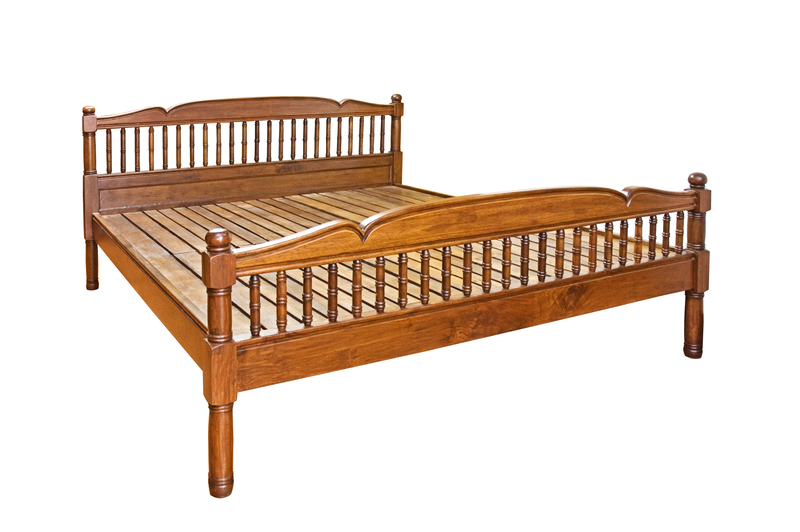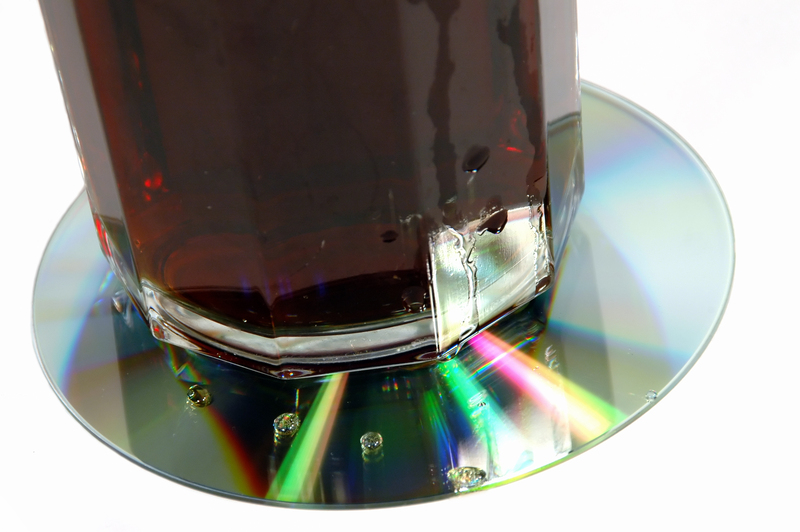Master the Art of Home Recycling with These Tips
Are you ready to transform your household into an eco-friendly haven? Home recycling is not just a trend--it's a vital part of sustainable living. With landfills filling up and environmental concerns increasing, now is the ideal time to master home recycling and make a significant difference. In this comprehensive article, you'll learn expert strategies, practical tips, and simple solutions to excel at recycling in your daily life.
Why Home Recycling Matters
The journey to a sustainable lifestyle begins at home. Recycling at home:
- Reduces the volume of waste sent to landfills
- Conserves natural resources
- Decreases pollution linked to waste disposal
- Saves energy compared to producing new materials
Implementing home recycling tips can make a substantial impact. According to the EPA, recycling one ton of paper saves 17 trees and 7,000 gallons of water. Imagine the ripple effect if every household took part!

The Fundamentals of Home Recycling
1. Understand What's Recyclable
The first step to successful home recycling is knowing what materials your local facility accepts.
- Papers: Newspapers, magazines, office paper, cardboard.
- Plastics: Bottles, containers labeled with recycling codes (check numbers 1-7).
- Metals: Aluminum cans, tin cans, foil (if clean).
- Glass: Bottles and jars (rinsed and label-free).
TIP: Always check with your local municipality for a precise list, as requirements vary.
2. Avoid Common Recycling Mistakes
- Don't bag recyclables--dump them loose in the bins.
- Remove food residue; dirty items often contaminate entire batches.
- Avoid "wishcycling"--never put non-recyclable items in the bin, hoping they'll be accepted.
- Look out for "tanglers" like plastic bags, hoses, or wires that jam sorting machines.
Setting Up an Effective Home Recycling System
1. Designate a Recycling Zone
Pick a convenient spot in your kitchen, garage, or utility room and dedicate it to home recycling bins. Use clearly labeled bins for paper, plastics, metals, and glass.
2. Educate & Involve the Whole Family
Share the rules with everyone at home. Teach children the right way to recycle with fun posters or a reward system for their efforts. When everyone participates, home recycling becomes second nature.
3. Compact and Prepare Recyclables
Rinse containers, remove stubborn labels, and flatten cardboard boxes. This not only saves space but also prevents contamination and eases the recycling process.
Advanced Home Recycling Strategies
1. Go Beyond Curbside Programs
Some household items are not accepted at the curb, such as electronics, batteries, certain plastics, light bulbs, and hazardous waste. Research local drop-off centers or recycling events for these items.
- Many grocery stores collect plastic bags and wraps.
- Electronics retailers often have e-waste take-back schemes.
- Hazardous wastes (paint, chemicals) require special disposal--find your city's guidelines.
2. Start Composting at Home
Did you know up to 30% of household waste is organic? Composting food scraps and yard waste not only reduces landfill pressure but produces nutrient-rich soil for gardening.
- Start with a simple bin or pile in your yard.
- Add vegetable and fruit peels, coffee grounds, eggshells, and yard trimmings.
- Never compost: Meat, dairy, or oily foods, as they attract pests.
3. Recycle Water
Consider installing a gray water system or simply use leftover water from boiling vegetables on plants. Small steps like collecting rainwater can further boost your home sustainability.
Recycling Tips Room-by-Room
Kitchen
- Store a labeled bin under the sink or in a cabinet for easy access.
- Clean jars, cans, and bottles before tossing them in the recycling.
- Follow local guidelines on which plastics and cartons are accepted.
Bathroom
- Collect empty shampoo bottles, deodorant sticks, and toilet paper rolls.
- Place a small recycling bin in the bathroom to remind the family to recycle toiletries packaging.
- Be aware that pumps and caps may need to go in the trash.
Home Office
- Recycle printer paper, junk mail, and used envelopes.
- Properly shred confidential documents--paper shreds are typically recyclable but check your facility's policy.
- Donate or responsibly recycle used electronics.
Garage & Laundry Area
- Recycle empty detergent containers and aerosol cans (if accepted locally).
- Safely dispose of old batteries, paint, and automotive oils at hazardous waste centers.
Creative Ways to Reuse & Upcycle at Home
Recycling doesn't end with the blue bin. Upcycling--transforming waste into valuable items--is a fun and resourceful way to minimize waste even further.
- Glass jars: Ideal for food storage, craft supplies, or as stylish vases.
- Cardboard boxes: Perfect for organizing drawers, children's art projects, or DIY decorations.
- Old T-shirts: Cut into cleaning rags, or create reusable shopping bags.
- Plastic bottles: Use as planters, bird feeders, or organizers for small toys and tools.
Join Local or Online Recycling Groups
Platforms like Freecycle, Buy Nothing, or Facebook Marketplace help exchange goods instead of sending them to the landfill. Share, donate, or swap items like books, furniture, or electronics to keep resources in use.
Home Recycling Myths Busted
- Myth: Everything made of plastic is recyclable. Fact: Only certain types of plastics are collected--check the recycling numbers on the bottom of containers.
- Myth: Recyclables must be spotlessly clean. Fact: Rinse off large food residue, but a spotless shine is not required!
- Myth: If you recycle, you don't need to reduce or reuse. Fact: Recycling is just one part of the waste hierarchy; reducing and reusing are equally important for a greener home.
Product Choices for Smart Home Recycling
Make recycling easier by choosing products with minimal and recyclable packaging. Choose items in glass or paper instead of plastic. Bring your own shopping bags. Buy household products in bulk or refillable containers to decrease packaging waste.
- Support brands that use post-consumer recycled materials.
- Look for the recyclable symbol and guidance like "Please Recycle" on product packaging.
- Group your household shopping to reduce transportation emissions and packaging waste.
Tools and Apps to Master Home Recycling
Technology can simplify home recycling:
- Recycle Coach: Personalized local guidelines, pick-up schedules, and reminders.
- iRecycle: Helps you locate drop-off centers for hard-to-recycle items near your home.
- Earth911: Comprehensive information on recycling various materials.
Additionally, your local council's website often provides downloadable sorting guides, bin calendars, and updates on new recycling rules.

Home Recycling for Eco-Friendly Living
Remember, the ultimate goal is to create a lifestyle that reduces waste from the get-go. Use the mantra: Reduce, Reuse, Recycle. Take simple steps like planning meals, buying only what you need, and repairing rather than replacing items. The less waste you generate, the easier home recycling will be.
- Meal planning: Cuts down on food waste and packaging.
- Repairs & Upgrades: Extend the use of appliances and electronics rather than buying new.
- Donate: Unwanted clothes, furniture, or toys can find a second life in another home.
Conclusion: Start Your Home Recycling Mastery Today!
Mastering the art of home recycling isn't just about sorting trash--it's about building habits that last a lifetime. With these proven tips and creative ideas, you're empowered to minimize waste, conserve resources, and set an inspiring example for others. Start implementing these strategies today for a cleaner home, a healthier planet, and a brighter future.
If you're looking to become a home recycling pro, remember:
- Know your local recycling rules
- Involve your household
- Reduce and reuse before recycling
- Get creative with upcycling
Ready to join millions of others making a real difference? Master the art of home recycling with these tips, and let's create positive change--starting right from your front door.